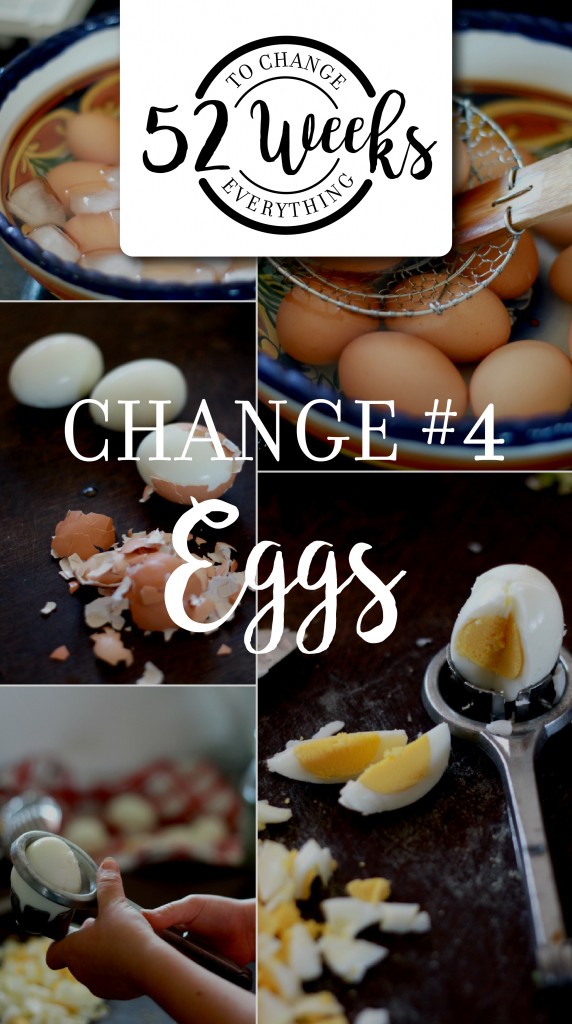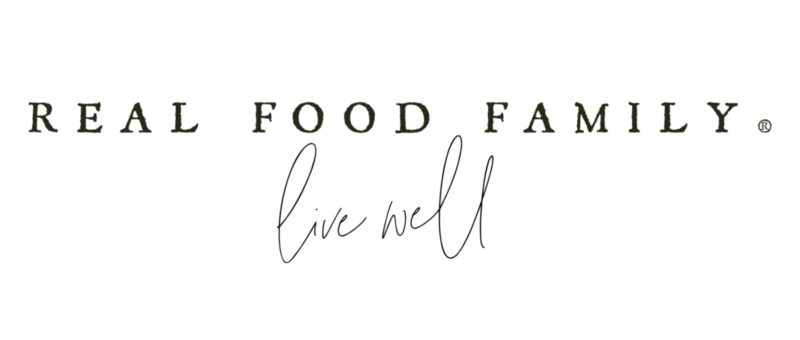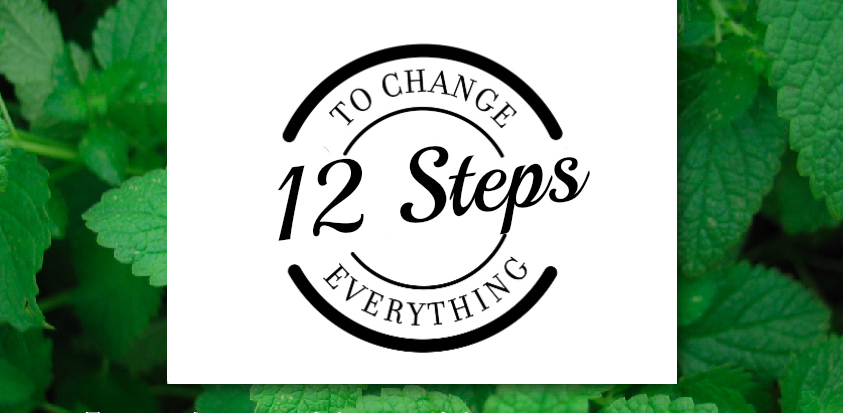Last week we discussed milk, but what about eggs?
Many of the same issues with milk come with eggs, too. Eggs have received completely unnecessary and unscientific attacks from the nutrition world. There are also legitimate ethical concerns over modern egg production. Just like milk, the quality of eggs you choose makes all the difference, both nutritionally and ethically.
Are EGGS healthy or unhealthy?
One of my greatest pet peeves as I walk the grocery store is pre-packaged egg whites in a carton. That little carton of processed, yolk-removed “product” is the perfect example of the absolute adulteration of REAL food in the name of “nutrition”. Egg-whites-only product goes through extensive processing and pasteurizing. I see this as another way large food companies can steal your money by selling you TRASH- just so they can label it with nutrition claims supported by NO credible science whatsoever.
Yep, it frustrates me that much.
Around 1977, the USA and UK decided to advise the public that eating fat and cholesterol would cause heart disease. However, science has since confirmed this to be misguided and unscientifically supported advice. According to this cardiovascular health journal conclusion, which is the conclusion of many different studies, of the correlation between heart disease and high animal fat/cholesterol intake, “They found no evidence from random controlled studies to support the introduction of these guidelines”.
To put the specific question of eggs being unhealthy completely to rest, a study published in the American Journal of Clinical Nutrition concludes, “Egg or cholesterol intakes were not associated with increased CAD risk, even in ApoE4 carriers (i.e., in highly susceptible individuals).”
Did you catch that last part…eggs and cholesterol intake has nothing to do with heart disease, even in those who are highly susceptible to heart disease!
It’s not just eggs, either. Fat an cholesterol in any food is not only safe to eat, but a healthy choice! Just as I discussed in last week’s post about milk, it’s time we pay attention to the actual science and invite fat and cholesterol back onto our plate! I like this Washington Post Magazine article by health writer, Gary Taubes, called, “What if it’s all been a big FAT lie“, or this TIME article on “Where Dietary-Fat Guidelines Went Wrong“. The Weston Price Foundation has also done a wonderful job presenting the “Myths & Truths About Cholesterol” and this ultimate and comprehensive commentary on fats by Dr. Mary Enig.
Because the nutrition mantra of the last 30+ years has been “FAT AND CHOLESTEROL IS BAD”, egg yolks- in the name of “healthy”- have been thrown in the trash, just like the science.
Eat Your Egg Whites Eggs!
Now that we all understand that eggs are absolutely not unhealthy, let’s talk about how fabulously healthy they are!
Just like milk, I love eggs because of their lovely macronutrient balance. Eggs are one of the few whole foods that are high in protein, high in fat and low in carbohydrates. Since carbohydrates are easy to pair with eggs, it’s easy to use eggs to turn a carbohydrate-heavy meal into a macronutrient balanced meal! Grains, potatoes and vegetables all pair excellently with eggs cooked any style. We even add raw whole eggs to our smoothies! (Organic, pasture-raised eggs are safe to consume raw- read this if you’re curious.)
Eggs pack a punch of micronutrients as well. Egg yolks contain 90 percent of the calcium, iron, phosphorus, zinc, thiamin, B6, folate, pantothenic acid and B12 of the egg. The yolk contains all of the fat-soluble components, such as vitamins A, D and E, and omega-3 fatty acids. Egg whites contain a ton of protein, so don’t throw them out either. It’s the WHOLE egg that I’m interested in.
One of my favorite nutrition facts about eggs and milk is that they are both- in their RAW form only– nature’s best source for the master antioxidant and detoxifier: glutathione. Glutathione is indicated as a key immune system support nutrient, too! In fact, glutathione in raw milk and raw eggs may be the only source humans can utilize for the immune support benefit. Read more about this Biochemical Magic of Raw Milk and Raw Eggs.
Here are some of my favorite recipe suggestions for eating eggs:
- Eggs Benedict on Polenta Cakes with Pesto Hollandaise
- Hard-boiled eggs on salads with homemade dressing
- Raw eggs in smoothies
- Soaked oatmeal custard with egg yolks
- Egg Salad and Homemade Mayo (made with raw eggs)
- Mandarin Orange Julius
- My favorite Spring Quiche
The Healthiest & Most Ethical Eggs
My only hesitation for recommending eggs is the despicable methods of modern commercial egg farming. To prove my point, I’m tempted to post samples here of the unbearable photos from farms with chickens living their entire lives stuffed in cages they barely fit in, beaks cut off so they don’t try to eat other chickens- or themselves, male chicks tossed alive into grinders, genetically modified hens that produce large eggs but can’t even walk because of their distorted weight. It’s all enough to make you a vegan. Inhumane animal farming made me a vegan at one point in my life.
Instead of posting photos, I’ll just suggest to search it all on your own if you don’t believe me or have never actually seen what I’m talking about. I do not have respect for the attitude of some who say, “I just don’t want to know where my food comes from.” If you buy cheap eggs to save money and you don’t have a strong conviction to buy better eggs, I DARE you to image-search “commercial egg farms”. I believe it’s your responsibility- if you’re going to eat animal foods- to make informed and ethical decisions about where your food comes from.
As I said last week, we MUST choose to “vote with your fork”. When we, as a culture, demand more food from the farms doing it right, there will be more farms doing it right.
The healthiest, most ethical choice of eggs will be from a local farmer you connect with in your area with “pasture-raised” hens, or hens you raise in your backyard like we do. (Seriously backyard hens are the most rewarding pet ever! They are fun, they eat food scraps, they’re incredibly easy to keep, and they give you eggs! Check out our Instagram page where I post our chicken photos often.)
If you’re getting eggs from the grocery store or farmer’s market, look for these specific labels:
- pasture-raised
- organic
- soy-free
- free-range and cage-free (not the best, but better than the worst)
- antibiotic and hormone free
Terms like “natural” and “vegetarian fed” mean nothing. I’d hate to think of what an “artificial” egg would be versus a “natural”, and chickens should eat bugs outside, not be vegetarian! “Pasture-raised” that are also labeled “organic” are always our first choice, but at the very least we will buy “free range organic”.
I could probably write for days on egg farming, egg labels, signs of healthy eggs, how to care for eggs, and more. If you have egg questions please comment so I can lead you in the right direction, or if you have a tip!
Hopefully you’re ready to add delicious pasture-raised eggs back into your diet and in abundance. Happy egg eating!



